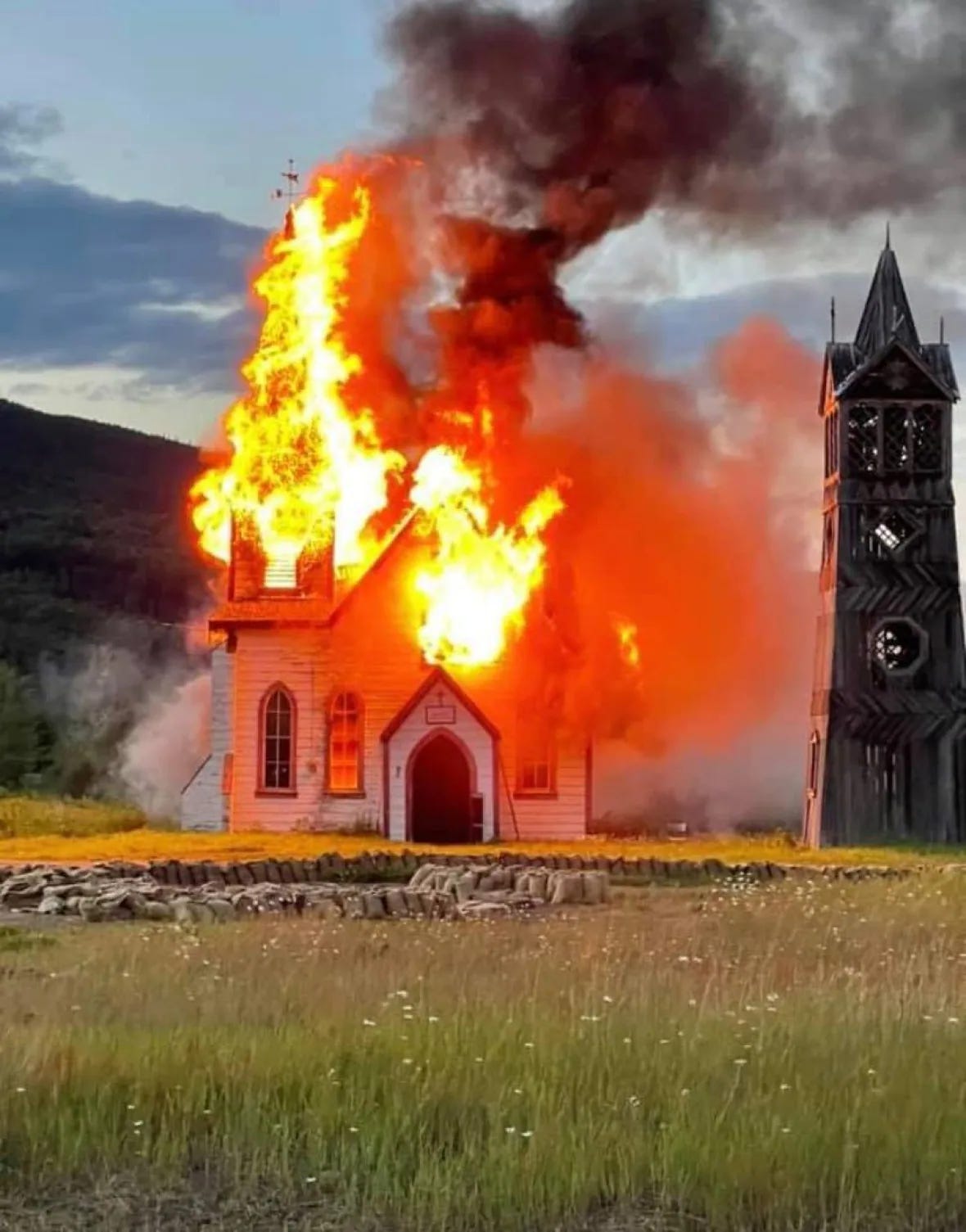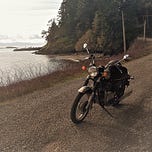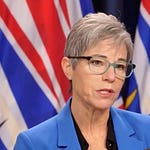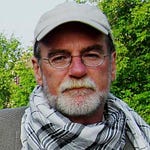Above you will find the unedited and unexpurgated version of the Canadaland “interview” I reluctantly agreed to subject myself to. An edited version is I think supposed to run as a Canadaland podcast on Monday. Or whenever. I think any honest listener will agree that I don’t hold back in pointing out to the host-huckster Jesse Brown the many instances of his shameless dishonesty, for which he is already infamous.
There’s a lot more of that below.
I got into quite a bit of the background to all this and other matters Brown will not want you to know about in my last newsletter, here. His coddling of that actually-existing and unapologetic Uyghur genocide denier, for instance, a “darling of Toronto progressive community” as Feminist Current magazine described him. And Brown’s championing of a QAnon-type crank who has been kicked out of more Indigenous communities than I can count, whose lurid derangements Brown cited approvingly last July in his last effort to “challenge” me and what I’ve written about Indian residential schools.
Of course I reckoned there’d be a hullabaloo in response to Year of the Graves. What I didn’t anticipate was that the response would provide so much more slam-dunk evidence supporting the Year of the Graves analysis that explains just why it was that Canada suffered something like a national psychotic episode last summer.
I get deeper into that in my National Post column this week, headlined When narrative replaces facts: The furor over my 'The year of graves' feature illustrated perfectly what the piece was about. It’s mostly about the collapse in a variety of disciplines in journalism and academia and the ordinary course of common sense that are necessary to the production of knowledge: fact-seeking and fact-checking, verification and falsification, rigorous peer-review, the primacy of first-hand accounts over hearsay, and so on.
In place of that tradition - owing in no small measure to the proliferation of propaganda platforms masquerading as news sites, the hollowing out of “legacy” newsrooms, and the tendency of social media to mob hysteria - the production of knowledge, and actual journalism, is giving way to the proselytizing of belief.
What happened last summer was a perfect storm of these sociopathologies, which the Trudeau government has proven remarkably adept at harnessing. That’s what the Trudeau government set out to do last summer, to catastrophic effect. The “long-overdue reckoning” was the George Floyd moment that Crown-Indigenous Relations minister Carolyn Bennett said Canada needed. And that’s what Canada got.
We’re living in a time of a “crisis of epistemology” that is enfeebling liberal democracies, especially throughout the Anglosphere, and it’s much later than you think.
Paywall starts here [Paywall removed].
There are two important things to keep in mind here.
The first thing is Year of the Graves wasn’t even about the legacy of Canada’s Indian Residential Schools - about which I harbour no particularly heterodox views. It certainly wasn’t an exercise in “Residential Schools Denialism,” that sinister construction a certain creepy and clownish professor persists in claiming about Year of the Graves.
I’m not going to be nice about this anymore. Anyone who tells you that’s what’s going on in Year of the Graves is - tenured university post or not - a fool, a liar, someone who simply lacks the gene for embarrassment, or one of those well-meaning types who are susceptible to the faddish excesses of the Words Are Violence community.
Speaking of which, when you listen to the interview you might notice Brown’s persistent refusal to acknowledge that “violence” is a word that is approprately used to describe what happened to dozens of churches across Canada last summer. They were vandalized with paint and with rocks thrown through their windows, and several Indigenous churches beloved of their congregations and parishes were burned to the ground.

Secondly, I did not set out to “debunk” the claims of the Indigenous leaders directly involved in last summer’s sequence of “discoveries,” and that is not what I did. Year of the Graves does precisely the opposite, by showing that all those shock-horror banner headlines didn’t even come close to reflecting what the local Indigenous leaders “announced,” and the bigger headlines depicted the opposite of what those Indigenous leaders were saying, and in other cases the local Indigenous leaders had in fact “announced” nothing at all.
The result was a 5,500-word chronicle of the vast gulf between what was presented by otherwise reputable news organizations and what actually happened, in the real world, and what the local Indigenous leaders had to say about it.
That’s what Brown claimed he wanted to talk to me about. If you listen to the Canadaland interview above, you should keep these things in mind:
This is from Jesse Brown’s invitation: “I want to invite you on to Canadaland to discuss and defend The Year Of The Graves. I know you have taken issue with me and my work over the years, but I promise you this will be a fair and civil discussion about what you wrote, not about whether you are a bad person or a heretic or anything like that.”
Then ask yourself whether Brown kept his word. Of course he didn’t. He wanted to talk about everything but Year of the Graves.
After some back and forth and hesitation and a telephone conversation in which I did not decline from resorting to foul language, I agreed, tentatively. And then Brown announced he’d be having me on the Canadaland podcast, on Twitter of course, and when he was admonished by Jesse Wente, the more-or-less Indigenous chair of the board of the Canada Council for the Arts, for his decision to invite me, Brown assured him and all his Twitter followers that he most certainly would not permit me to engage in any genocide denialism.
All these things put me in a bit of a mood by the time the interview began, so I hope you’ll bear that in mind when assessing my incivility.
In conversations among and between journalists, the word “sleazebag” often comes up whenever Brown’s name is mentioned. Now that you know the background, all you have to do is listen to the interview posted above, and decide for yourself whether that’s fair.






